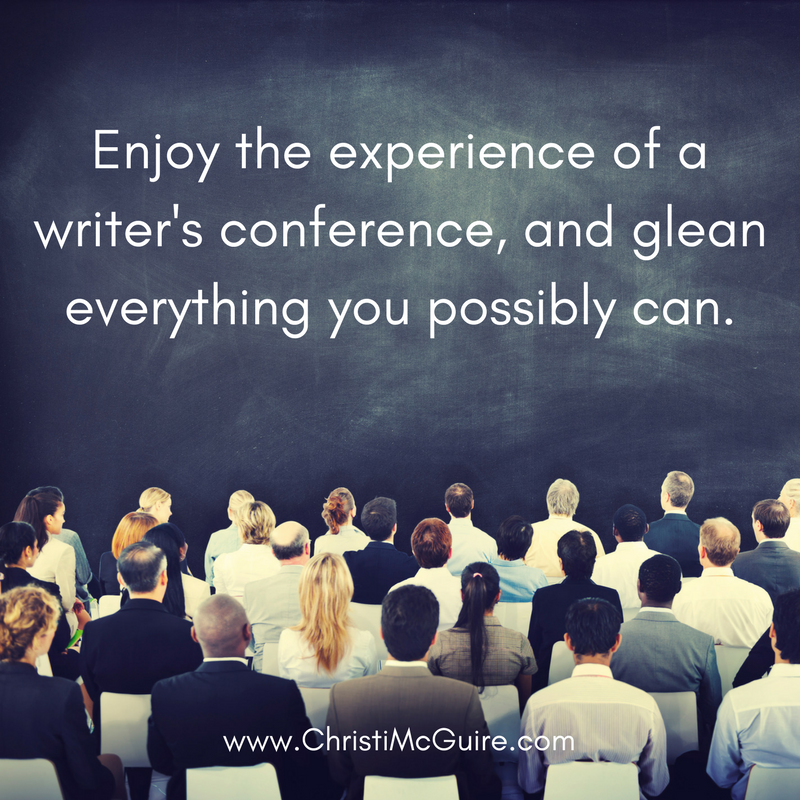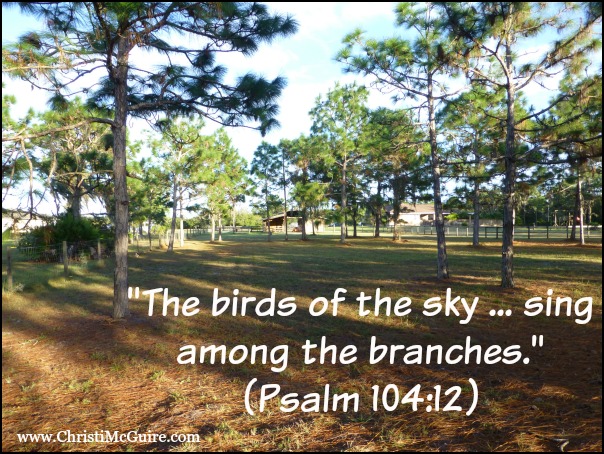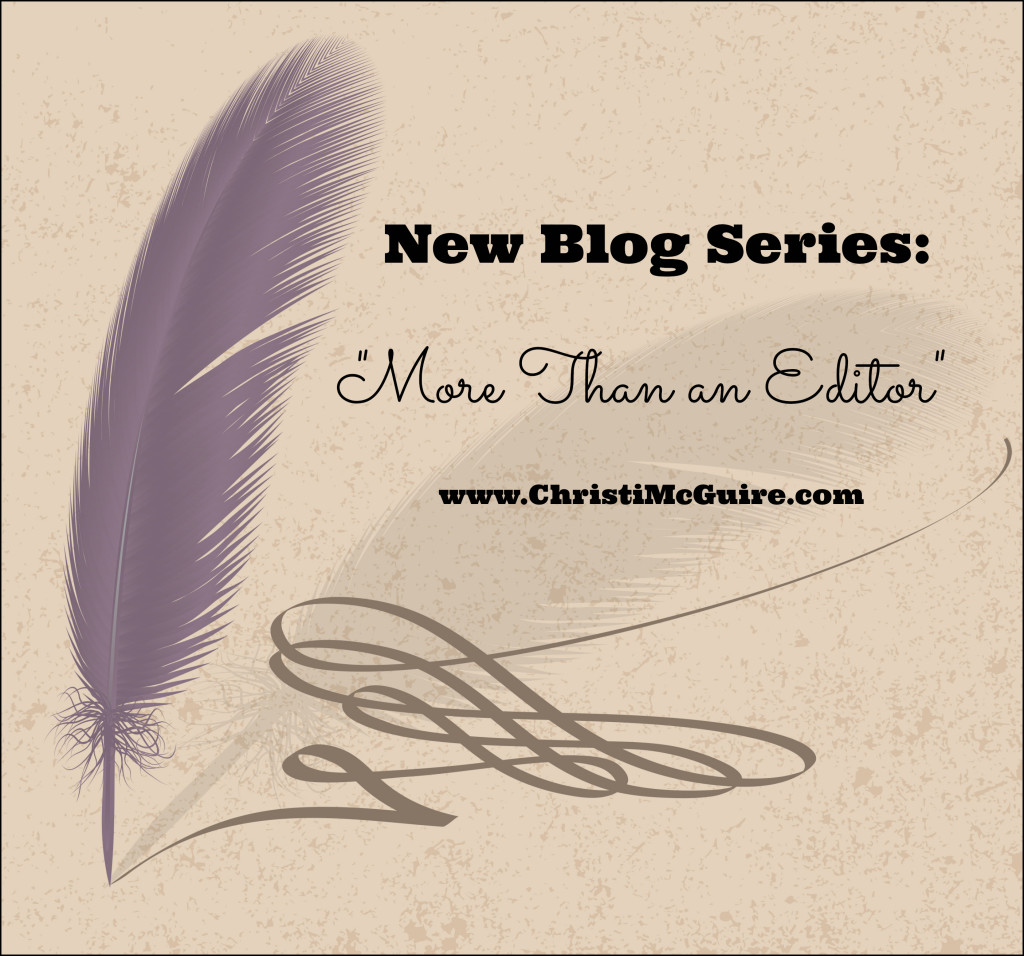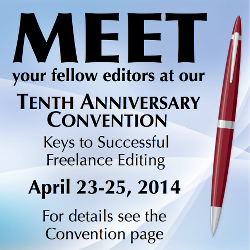You’re going to a writer’s conference! You’ve got a dream in your back pocket, and you’re ready to make it happen. Soon you will step inside a crowded room full of other writers, editors, agents, and publishers, and you’re going to take the next step toward your publishing dream.
It may sound intimidating (okay, well, it sort of is, the first time) but there’s plenty you can do to prepare for your first conference. Besides the basic stuff, like, wear deodorant and check your teeth after eating salad, keep in mind the “5 Ps” to ensure you make the most of your conference experience.
- Plan. Conferences can be pricey—between registration fees, accommodations, and travel—so be sure to maximize your investment by planning ahead. Is this conference at a fancy urban hotel or rustic retreat center? How will you get there from the airport? Will you be schlepping your own bags, or will there be bell service available? What will the other conference attendees be wearing? What time will your body think it is when you get up the first morning? Spend time looking over the schedule, plan what you want or need in terms of clothing (and can carry), arrange for ground transportation, and be aware of (and plan for) adjusting to time changes.
- Most conferences offer many classes and sessions concurrently. Some even offer schedules, or tracks, especially designed for new writers, fiction or nonfiction writers, etc. Take time to review the course schedule and decide in advance where your time will best be spent. Review the faculty list and decide with whom to set appointments or meetings, and do so ahead of time, if possible.
- You’re at the conference to get noticed, so prepare to be scrutinized! Make sure you have plenty of business cards and multiple copies of other documents you may be presenting, such as your manuscript, one-sheets, etc. Practice your elevator speech and your pitch in advance; better yet, do it with a friend. Ask (and accept) feedback, and practice, practice, practice!
- Professional. While this may seem like a vacation or weekend escape, remember, this is a business trip. You may or may not get that meeting with the editor or agent you’re dying to meet, but you never know who else you’ll cross paths with at this event. Be professional at all times! I can’t stress this enough—even after hours, because you never know who might be rooming next door. Be courteous and outgoing when meeting others. Use every opportunity to network with fellow conferees; be courteous and interested in them and not only yourself. Most importantly, don’t be annoying! You may have a hard time getting in front of that agent or editor, but you’re not doing yourself any favors if you stalk them all weekend or follow someone into the bathroom (yes, this has actually been done before).
- Pace. You might be the most outgoing extrovert on the planet, but meeting so many people and engaging constantly is emotionally and physically exhausting. Don’t pack your schedule so tightly that you are constantly on the go. Pace yourself, drink lots of water, fuel your body with wise eating choices, get plenty of rest (even when you want to stay up late and chat with friends), and schedule downtime for yourself. Ensure that you’ll have the physical and emotional energy to finish strong and that you’ve maximized every encounter and opportunity available.
Finally, plan to have fun—this may be your once-in-a-lifetime opportunity, or it may just be the next step in your writing journey. Take advantage of all your conference has to offer, but also know you’ve done your best and what happens is meant to happen. Enjoy the experience, glean everything you possibly can from the people you meet and the classes and workshops you attend, and keep moving toward that publishing dream.
Join me at the Florida Christian Writers Conference, Mount Hermon Christian Writers Conference, or PENCON!












